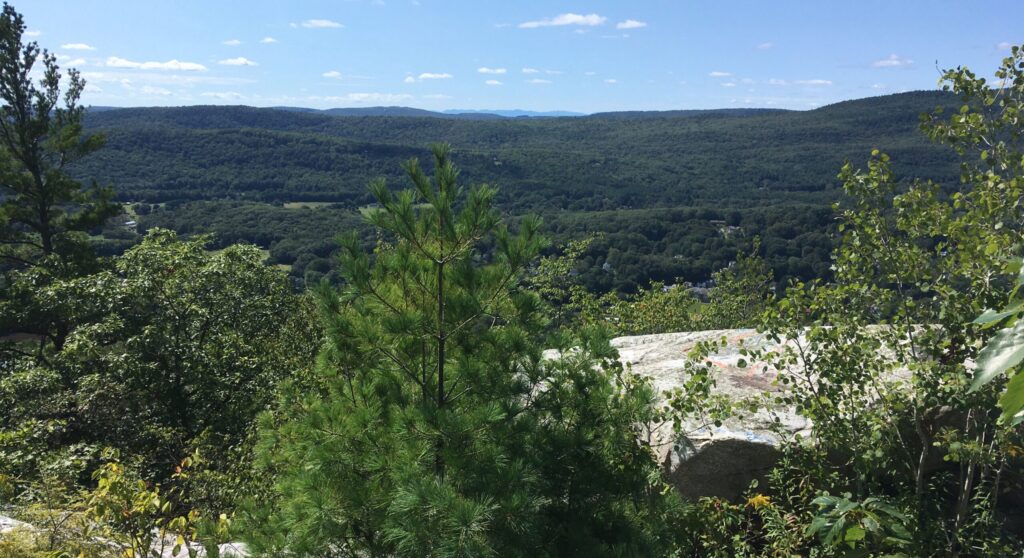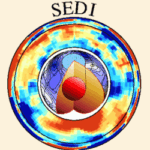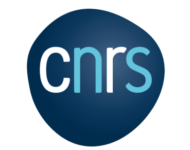
Welcome
The 18th Symposium of SEDI, Study of the Earth’s Deep Interior, a Committee of IUGG, will be held at Simon’s Rock College in Great Barrington, western MA, from 23rd to 28th of June, 2024.
Important Deadline Dates
- Preliminary Travel Information (February 1, 2024)
- Application for Support to Attend Meeting (February 22, 2024)
- Early Bird Registration (March 15, 2024)
- Final Travel Information (May 1, 2024)
- Registration (May 1, 2024)
- On-campus Housing Registration (as early as possible, final deadline May 1, 2024)
- Abstract Submission (June 1, 2024)
About the Meeting Location
The Berkshire Hills of western Massachusetts, part of the Appalachian Mountains that run from Georgia to Newfoundland, are known for their natural beauty, history, and cultural attractions. There are many fine hiking trails of varying difficulty, quiet backroads to bicycle, and places to swim, fish, and rock climb (see the Excursions page for more information). As an escape from New York City and Boston, many wealthy industrialists of the Gilded Age built summer homes in the area, with many of the mansions and gardens now open to the public. In the mid-20th century cultural institutions recognized the allure of the region, with the Boston symphony making Tanglewood its summer home, and Jacob’s Pillow a renowned dance venue. There are also excellent museums, including the Clark Art Institute, MASS MoCA, and the Norman Rockwell Museum of American Illustration. Not to neglect science and technology, the physicist and engineer William Stanley developed the world’s first practical AC power distribution system, demonstrating it in Great Barrington by electrifying Main Street’s street lamps in 1885.
About SEDI
SEDI is an international scientific organization dedicated to the Study of the Earth’s Deep Interior. The ultimate goal of SEDI is an enhanced understanding of the past evolution and current thermal, dynamical and chemical state of the Earth’s deep interior and of the effect that the interior has on the structures and processes observed at the surface of the Earth. The ‘deep interior’ is generally considered to be the core and lower mantle, but interest may extend to the surface, for example, in the study of mantle plumes or dynamics of descending lithospheric slabs.
The scientific questions and problems of interest to SEDI cover all aspects of the evolution of the Earth’s deep interior including composition, structure and dynamics of the inner and outer core, the geodynamo and the magnetic field secular variations, the core cooling, the core-mantle boundary region, the lower mantle structure, composition and dynamics as well as the nature and location of deep geochemical reservoirs.
Scientific Steering Committee
- Michael Bergman (Simon’s Rock College)
- Vernon Cormier (University of Connecticut)
- Peter Driscoll (Carnegie Institution)
- Mathieu Dumberry (University of Alberta)
- Rebecca Fischer (Harvard University)
- Shun-ichiro Karato (Yale University)
- Maureen Long (Yale University)
- Andreas Stracke (University of Muenster)
- Christine Thomas (University of Muenster)
- Lauren Waszek (James Cook University)
Local Organizing Committee
- Michael Bergman (Simon’s Rock College)
- Vernon Cormier (University of Connecticut)
- Karen Advokaat (Simon’s Rock College)
- William Leacy (Simon’s Rock College)
- Michelle Lydon (Simon’s Rock College)
All inquiries should be addressed to Mike Bergman (bergman@simons-rock.edu).
Host & Sponsor
The meeting is locally organized by members of Simon’s Rock College with the help and support of the following:
Code of Conduct
SEDI symposiums are open and can be attended by anyone interested in the science related to the interior of the Earth and planets. SEDI is committed to providing a safe and welcoming environment for all meeting participants conducive to productive scientific exchanges. All participants of the meetings, including session chairs, speakers, poster presenters and all other attendants are expected to abide to the following guidelines which constitute the meeting’s code of conduct:
- Meeting participants are expected to communicate with one another in an open, considerate, mindful, respectful and collaborative manner- Diversity of views and opinions should focus on ideas rather than attacks on individuals or groups
- Meeting participants are expected to follow the rules and policies of the meeting venue, accommodations, and field trip locations
- Meeting participants are expected to be mindful of their surroundings
Reported unacceptable behavior by participants will lead to action by the SEDI meeting organisers and/or SEDI officers, which may include immediate removal from the meeting without warning or refund. Examples of unacceptable behavior include physical and verbal abuse of any form. These include, but are not limited to, verbal comments related to gender, sexual orientation, disability, physical appearance, body size, race, religion, national origin; harassment, bullying, intimidation, or discrimination in any form; inappropriate use of sexual images in public spaces or in presentations; or threatening or stalking any meeting participants.




